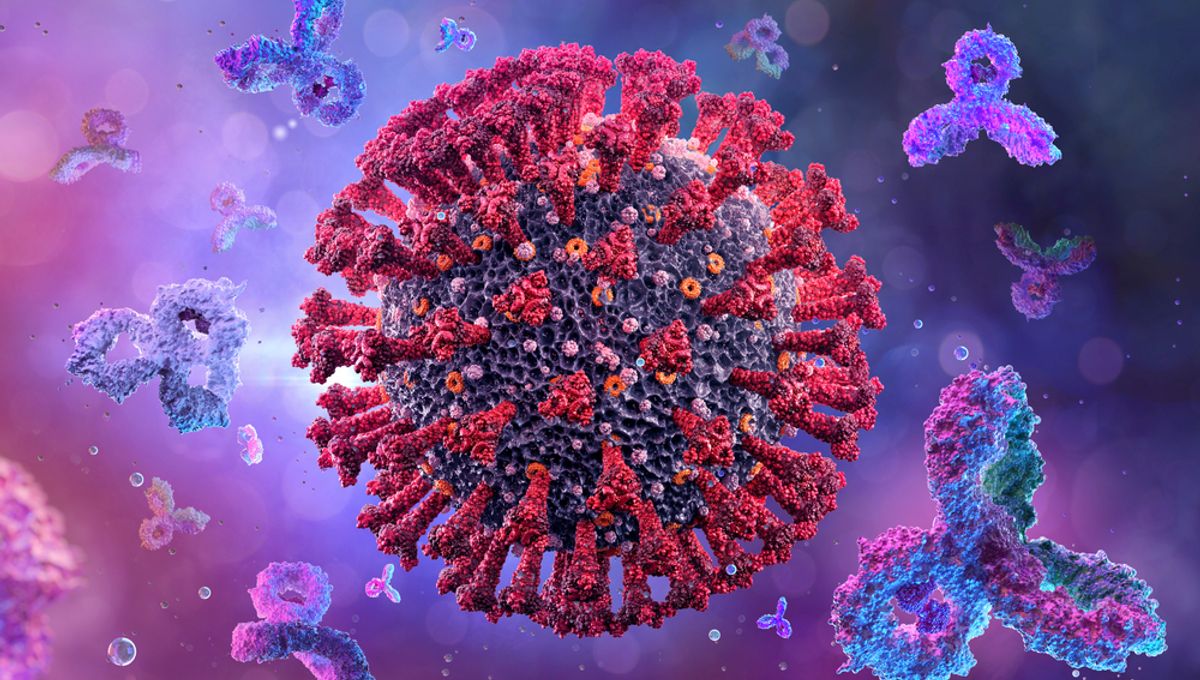
An emerging Omicron subvariant has raised concerns about a surge of COVID-19 cases this winter, after it was found to display a worrying proclivity for evading vaccine immunity. BA.2.75.2, as it is called, can largely dodge neutralizing antibodies in the blood and is resistant to several monoclonal antibody treatments, new research from Sweden has discovered.
“While antibody immunity is not completely gone, BA.2.75.2 exhibited far more dramatic resistance than variants we’ve previously studied, largely driven by two mutations in the receptor binding domain of the spike protein,” said corresponding author Ben Murrell in a statement.
BA.2.75.2 is a sublineage of the Omicron variant and the latest mutant of subvariant BA.2.75, which is currently being monitored by the World Health Organization. Since its discovery earlier this fall, BA.2.75.2 has been reported in several countries, but thankfully only makes up a small number of total cases. At present, it accounts for just 1.4 percent of US cases, according to the Centers for Disease Control and Prevention.
The new study focused on three Omicron subvariants – BA.2.75.2, BA.4.6, and BA.2.10.4 – and used serum samples from 75 people taken at three different time points: November 2021, April 2022, and late August/early September of this year.
“Across all three timepoints, neutralisation of BA.2.75.2 by serum antibodies was significantly lower than all other variants tested,” the authors write in their study.
In fact, the subvariant was found to be more than six times less responsive to neutralizing antibodies than the currently dominant variant, BA.5. This, the authors say, can be accounted for by two mutations, which contribute to its “significantly enhanced resistance”.
The researchers also tested the new subvariant’s susceptibility to a variety of monoclonal antibody treatments – antiviral treatments used for those at high risk of developing severe COVID-19. Only one of the treatments tested, bebtelovimab, was found to “potently” neutralize BA.2.75.2.
“We now know that this is just one of a constellation of emerging variants with similar mutations that will likely come to dominate in the near future,” Murrell added. “We should expect infections to increase this winter.”
However, whether or not this anticipated rise in infections will affect the number of hospitalizations remains unclear. It is also not known whether the updated COVID vaccines, modified to protect against early Omicron variants, will be able to protect against BA.2.75.2 and other emerging variants.
“We expect them to be beneficial, but we don’t yet know by how much,” Murrell said.
The study was published in The Lancet Infectious Diseases.
Source Link: New Omicron Strain Demonstrates "Dramatic" Resistance To Antibody Immunity